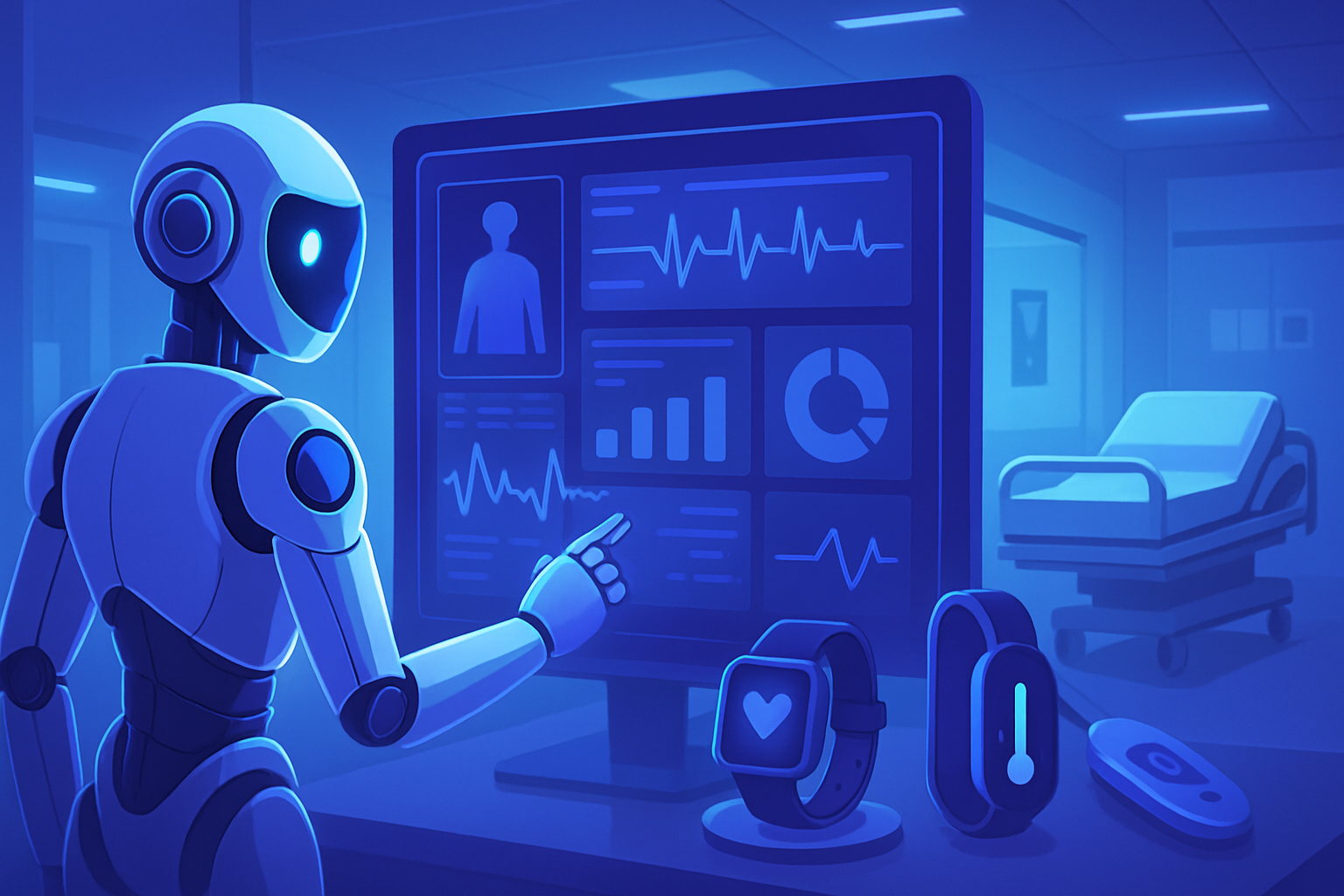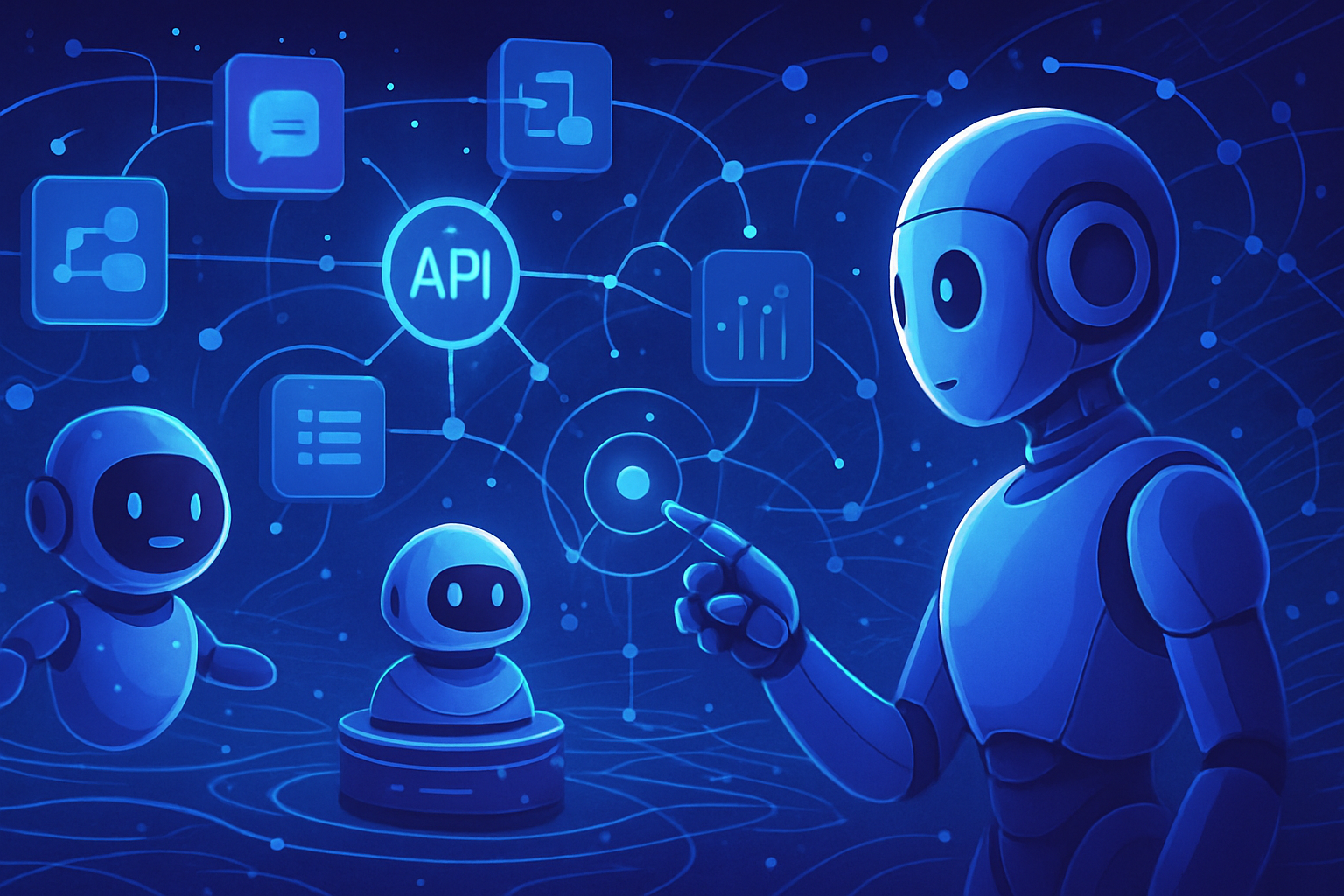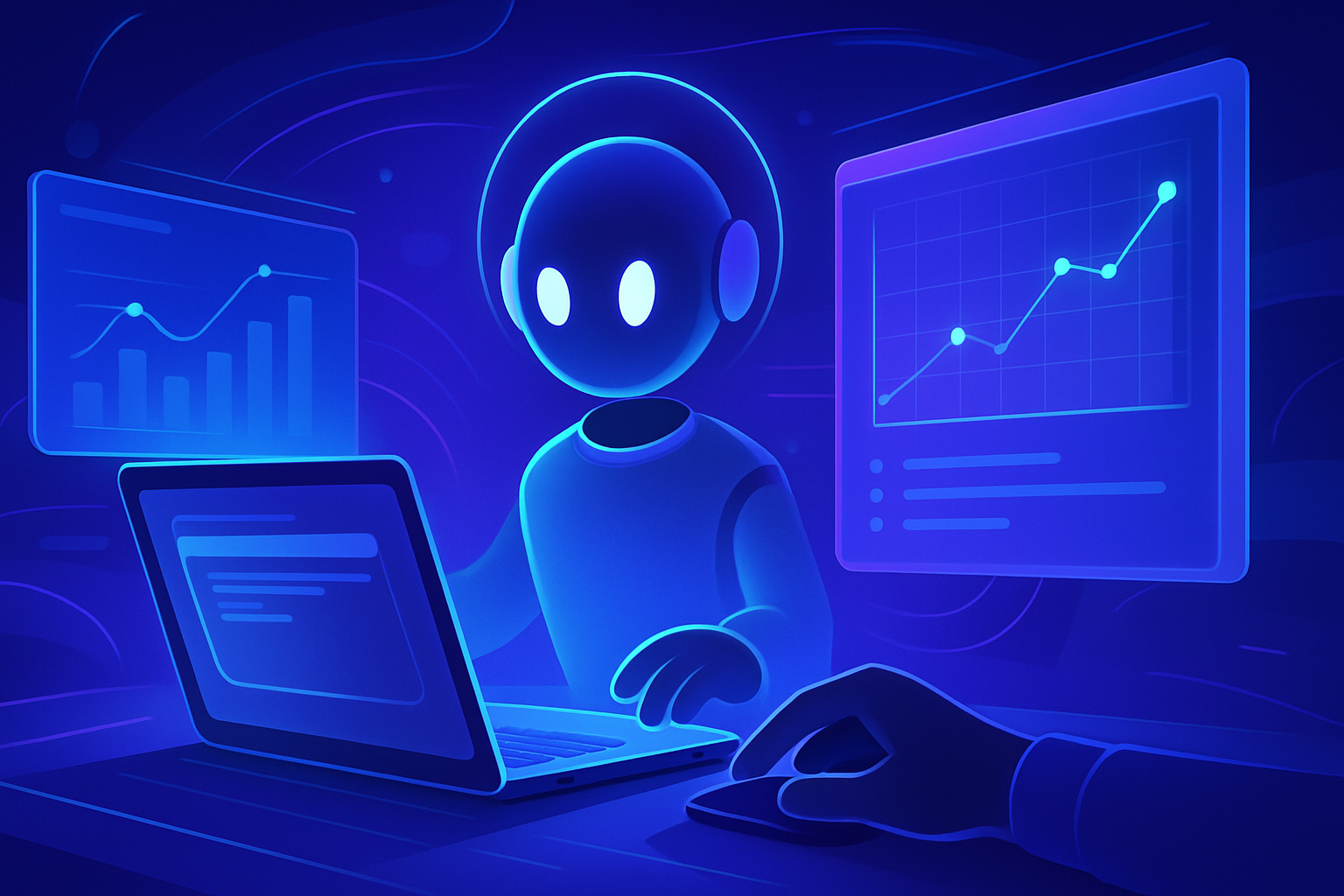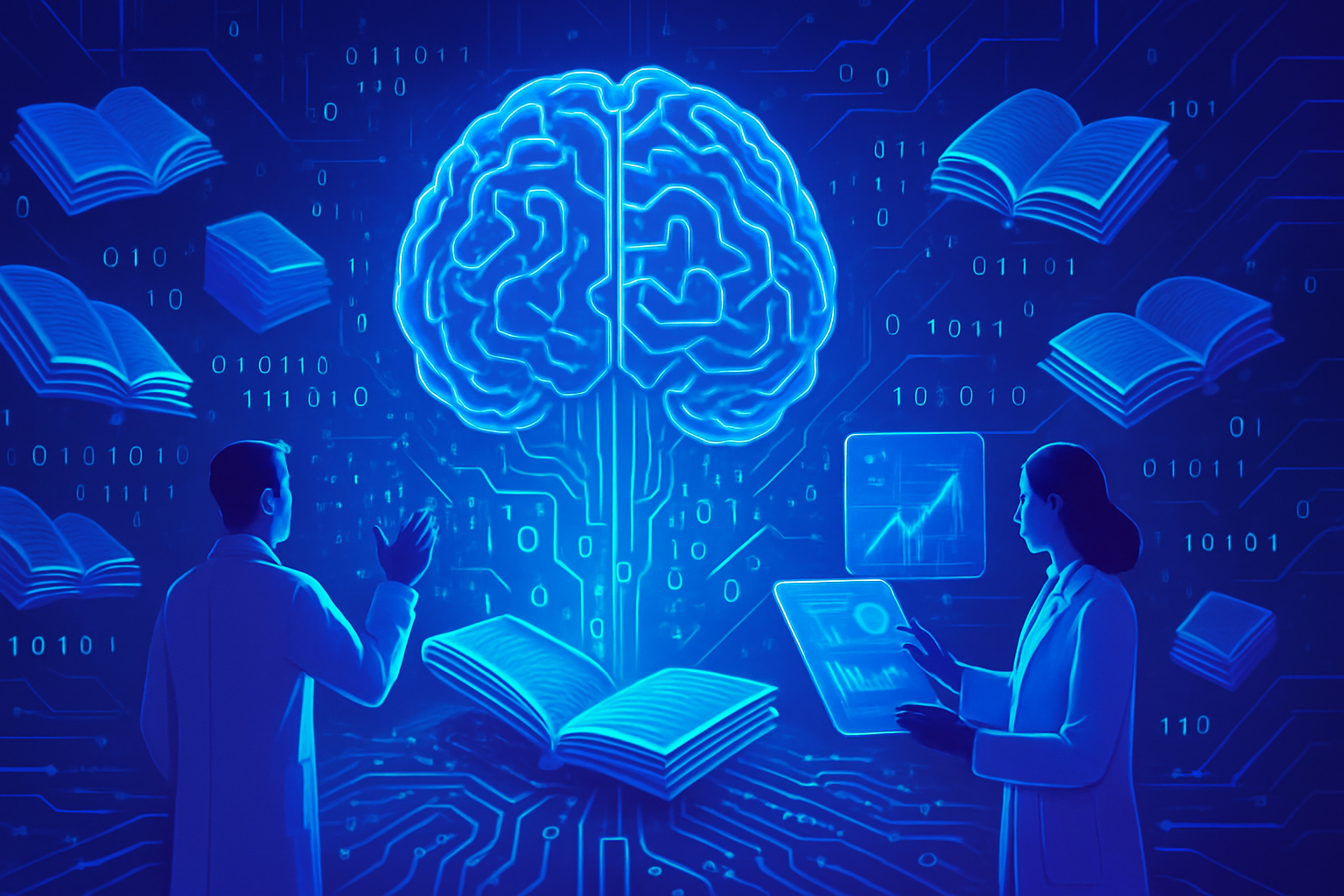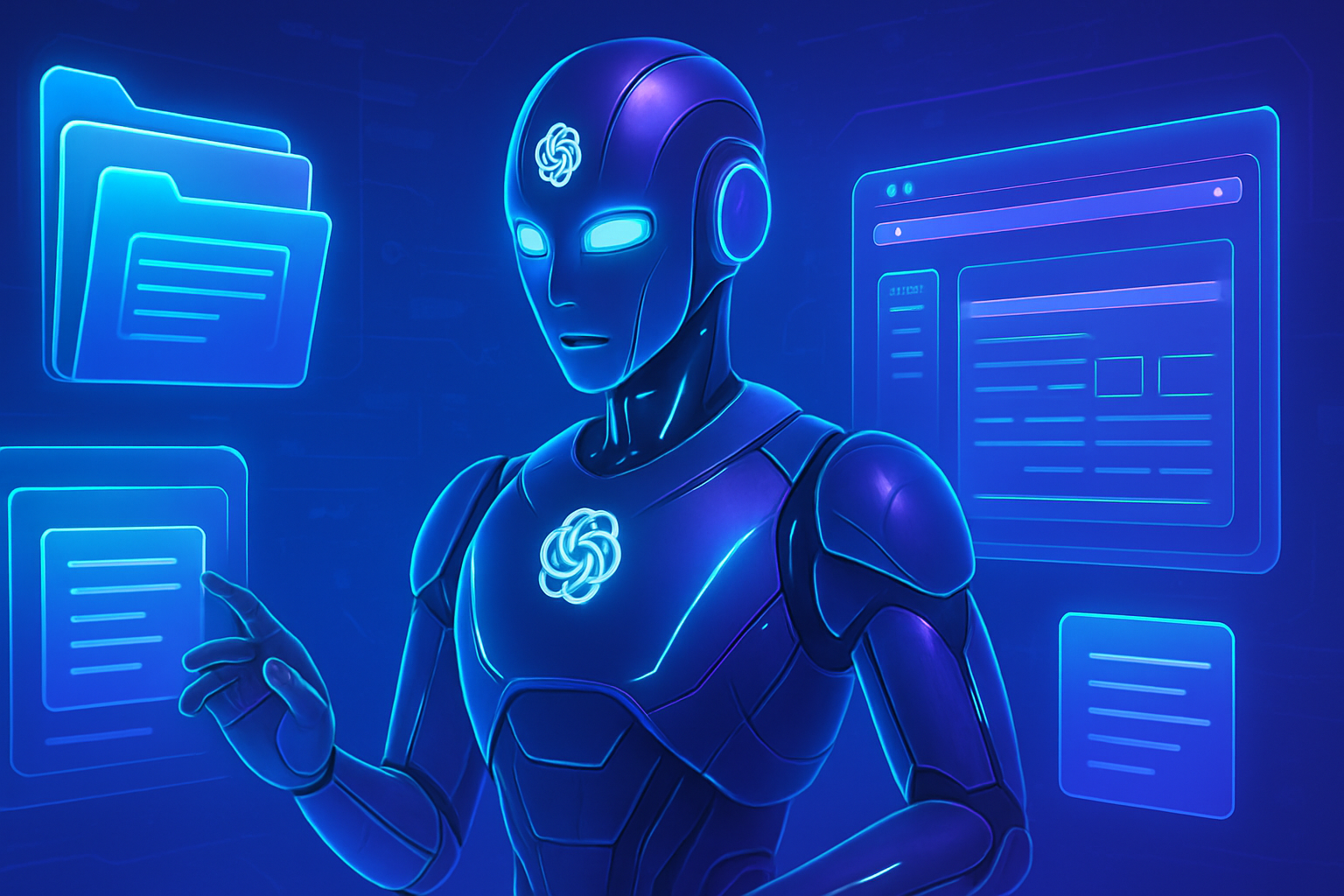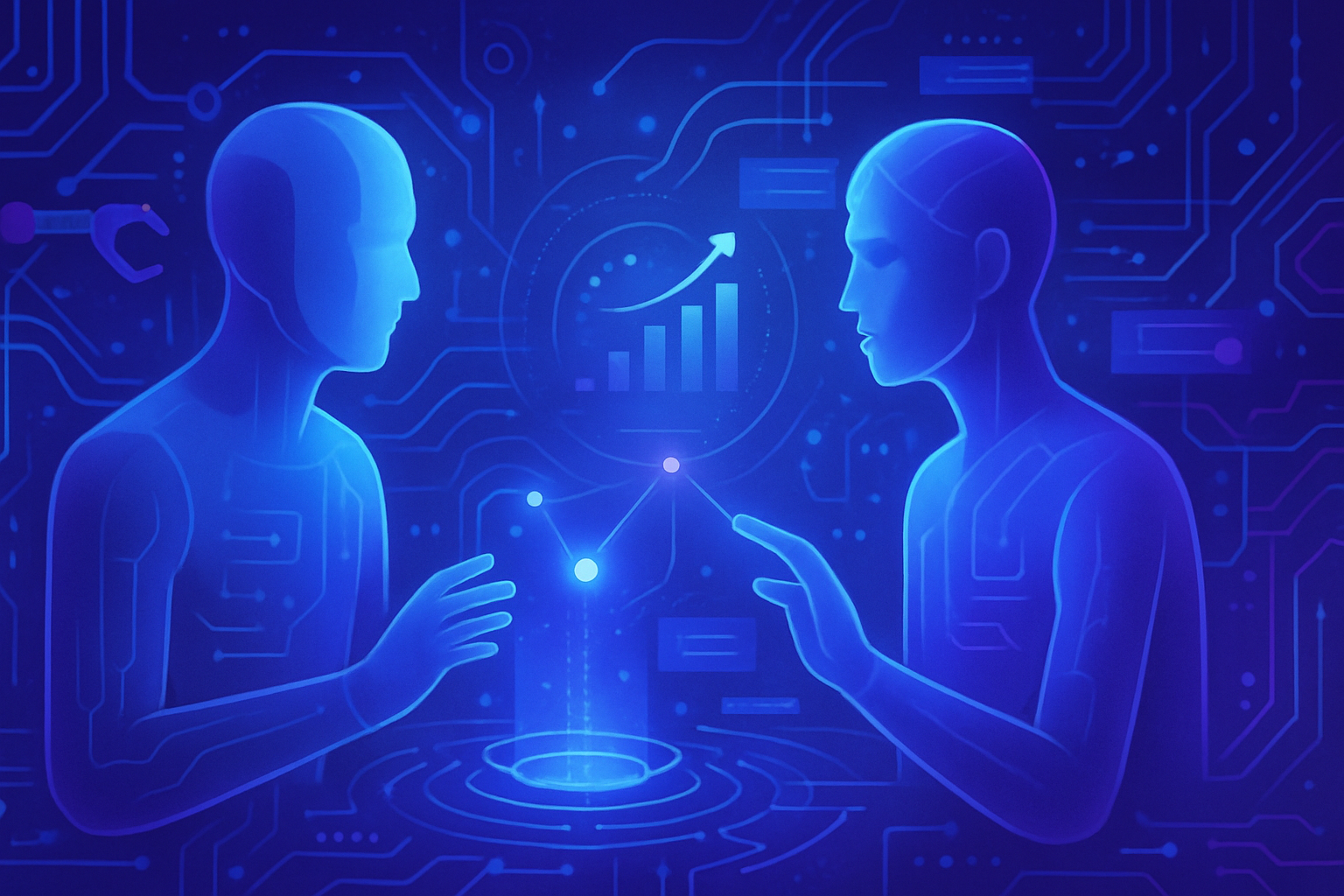The rise of intelligent agents is revolutionizing the notion of identity. *Faced with this change* in traditional paradigms, cybersecurity finds itself *at a delicate turning point*. The complexity of digital interactions generates unexplored vulnerabilities, compromising the protection of sensitive data. *Human identities seem to be losing their luster against algorithms*. The fight against cyber threats becomes urgent, dictated by major societal issues. A deep understanding of systemic failures is imperative, especially when *the reliability of digital infrastructures* is at stake. The symbiosis between artificial intelligence and cybersecurity requires heightened vigilance and innovative solutions. Critical choices must be made to preserve the integrity of identities in the age of intelligent agents.
The challenges of non-human identities
In the digital age, non-human identities are emerging as a central concept. The rise of intelligent agents redefines our understanding of identity, beyond traditional classifications. This phenomenon comes with unprecedented challenges in terms of digital security. Intelligent systems, due to their ability to act autonomously, require a reevaluation of established cybersecurity protocols.
The gaps in cybersecurity in the face of intelligent agents
Intelligent agents, capable of learning and evolving, are not merely tools. They interact at complex levels with sensitive data. This evolution has significant implications for data protection. Existing systems, often designed for humans, struggle to effectively manage these new entities. This creates a fertile ground for vulnerabilities and exploitation of flaws.
Identification and risk management
Traditional cybersecurity relies on a clear identification of users. With the increase in automated transactions, raising the question of the authenticity of digital actors, guarantees are called into question. Classical approaches must adapt to include a dynamically assessment of identities. The notion of zero trust becomes crucial, involving a constant reexamination of the permissions granted.
Responses to AI-based attacks
Cyber threats are evolving in tandem with technologies. In the face of increasingly sophisticated attacks, organizations must adopt reactive strategies. The introduction of artificial intelligence systems in cybersecurity offers innovative solutions. Such systems can detect and counter threats before they cause significant damage. Predictive tools are proving effective in anticipating and neutralizing cyberattacks.
Ethical questions related to artificial intelligence
The rise of artificial intelligence raises moral questions. Respect for privacy and personal data must take precedence. Intelligent systems, by their nature, make it difficult to establish absolute guarantees. Organizations must establish a solid ethical framework, allowing for a balance between innovation and respect for fundamental rights.
Towards a new approach to cybersecurity
It has become imperative to reformulate security concepts in the age of intelligent agents. The integration of AI into security protocols must also take into account the protection of digital identities. Technological advances must be combined with heightened vigilance. Industry players must collaborate to define new security standards that are adaptable and proactive.
Conclusion on the future of digital identities
The challenges posed by the emergence of non-human identities require an innovative vision. Cybersecurity must transcend its current limitations. The fight against tomorrow’s threats will involve a deeper understanding of the enigmatic relationship between humans and machines. Collaboration among technicians, researchers, and leaders is essential to building a safe digital future.
Frequently asked questions about the gaps in cybersecurity in the age of intelligent agents
What are the main cybersecurity gaps related to identity within intelligent systems?
The main gaps include inadequate management of digital identities, limited transparency regarding the use of personal data, and a lack of robust protocols to verify the authenticity of intelligent agents.
How can cybersecurity evolve to address the rise of intelligent agents?
Cybersecurity must integrate proactive solutions like AI to detect threats, adopt zero-trust models, and enhance protection of personal data using advanced cryptographic technologies.
What specific challenges do organizations face in securing the identities of intelligent agents?
Organizations face challenges such as the increasing complexity of systems, the need for constant updates of security policies, and the sourcing of appropriate skills to manage these technologies.
Why is it essential to rethink human identities in the current digital context?
It is crucial to rethink these identities to ensure better protection of private data, prevent identity theft, and improve public trust in digital technologies.
How do identity crises influence the perception of intelligent agents?
Identity crises can lead to distrust towards intelligent technologies, amplifying concerns related to data security and limiting the adoption of solutions based on artificial intelligence.
How can zero-trust technologies help secure identities?
Zero-trust technologies help by systematically verifying each user and device, minimizing the risk of unauthorized access in systems involving digital identities.
What are the emerging trends in cybersecurity in the age of intelligent agents?
Emerging trends include the use of AI algorithms to detect anomalies, increased security audits of intelligent systems, and the implementation of stricter regulations to protect personal data.
What roles do users play in protecting identities in the digital age?
Users play an essential role by adopting good security practices, such as creating strong passwords, being aware of phishing, and managing their own privacy settings.
How do new regulations affect the management of digital identities?
New regulations require organizations to be more transparent regarding the processing of personal data, thereby improving trust and strengthening the protection of digital identities.

